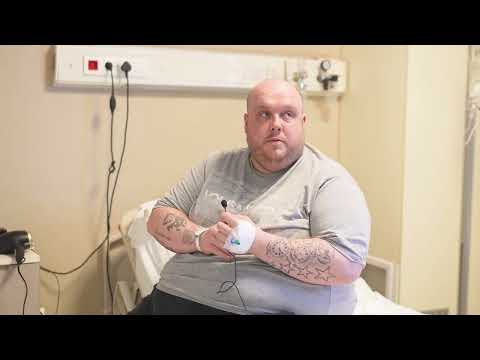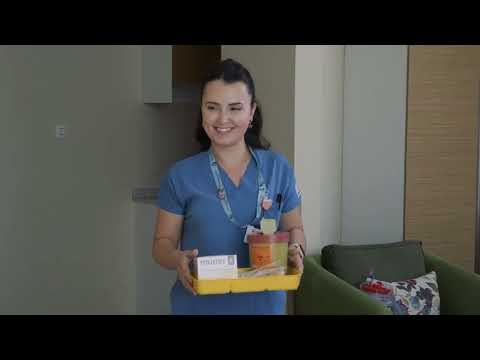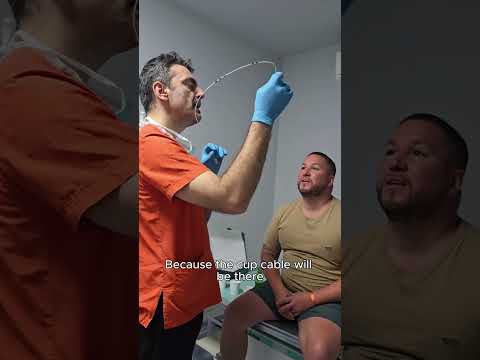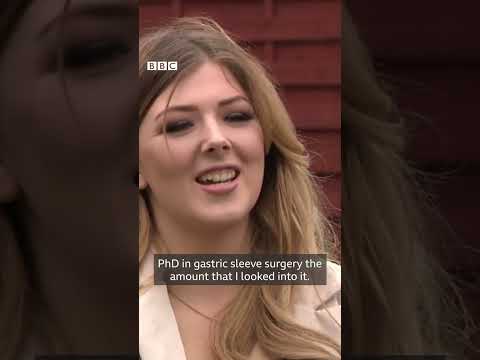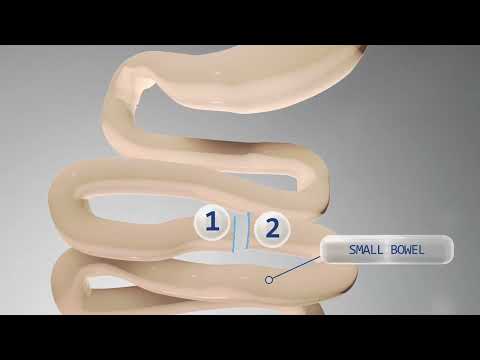Reviews of Harry's Allurion program | Bridge Health Travel
Calculate Your Cost / Price
Gastric bypass surgery has become a widely sought-after solution for individuals struggling with severe obesity. Turkey has positioned itself as a leading destination for this life-changing procedure, offering top-notch medical care, experienced surgeons, and cost-effective treatment options. In this article, we’ll explore the many advantages of undergoing gastric bypass surgery in Turkey and provide essential insights for prospective patients.
Why Consider Gastric Bypass Surgery in Turkey?
Turkey’s growing reputation as a hub for medical tourism is well-deserved, particularly for procedures like gastric bypass surgery. Here are some compelling reasons to consider Turkey for your weight loss journey:
Cost-Effective Surgery with Exceptional Quality
One of the most significant advantages of choosing Turkey for gastric bypass surgery is the cost savings. In Western countries, the procedure can be prohibitively expensive, often costing upwards of $20,000. In contrast, Turkey offers the same surgery for a fraction of the price, typically ranging between $5,000 and $10,000. This affordability does not come at the expense of quality. Turkish hospitals are equipped with modern facilities, and many are internationally accredited, ensuring high standards of care.
Experienced Surgeons and Comprehensive Care
Turkey boasts a wealth of highly qualified and experienced bariatric surgeons who have trained internationally. These professionals are dedicated to providing personalized care, from the initial consultation through to post-operative support. Patients can expect a comprehensive treatment package that includes pre-surgery assessments, the procedure itself, post-operative care, and often even accommodation and transportation.
Preparing for Your Gastric Bypass Surgery in Turkey
Proper preparation is crucial for the success of your gastric bypass surgery. Here are key steps to ensure you’re ready:
Research and Choose the Right Clinic
With numerous clinics offering gastric bypass surgery in Turkey, it’s essential to conduct thorough research. Look for clinics with positive patient reviews, international accreditations, and a proven track record of successful surgeries. Many clinics offer packages that include all necessary services, making it easier for international patients to navigate the process.
Understand the Procedure and Recovery
Gastric bypass surgery involves creating a small pouch from the stomach and connecting it directly to the small intestine, bypassing a portion of the digestive system. This results in significant weight loss by reducing the amount of food you can eat and the calories your body absorbs. Understanding the procedure and the recovery process is crucial. Recovery typically involves a hospital stay of three to five days, followed by several weeks of gradual return to normal activities. It’s important to follow your surgeon’s advice and attend all follow-up appointments to ensure a smooth recovery.
Post-Surgery Support and Lifestyle Changes
The journey to successful weight loss extends beyond the surgery itself. Long-term success requires commitment to lifestyle changes and continuous support.
Nutritional Guidance and Diet
After gastric bypass surgery, your diet will undergo significant changes. Most clinics in Turkey provide nutritional guidance to help you adapt to your new eating habits. Initially, your diet will consist of liquids and pureed foods before gradually reintroducing solid foods. Portion control and balanced nutrition are essential to avoid complications and ensure your body gets the nutrients it needs.
Physical Activity and Exercise
Incorporating regular exercise into your routine is vital for maintaining weight loss and enhancing overall health. Start with light activities, such as walking, and gradually increase the intensity as your body heals. Many clinics offer access to fitness experts who can help design a personalized exercise plan tailored to your needs and capabilities.
Psychological Support
Undergoing weight loss surgery is both a physical and emotional journey. Psychological support can be incredibly beneficial in helping you cope with the changes and challenges that come with significant weight loss. This support can include counseling, support groups, and access to mental health professionals who specialize in bariatric care.
Conclusion
Gastric bypass surgery in Turkey offers a promising solution for those battling obesity, combining affordability with high-quality medical care. With experienced surgeons, comprehensive support, and state-of-the-art facilities, Turkey provides an excellent environment for successful weight loss surgery. By thoroughly researching your options, preparing adequately for the procedure, and committing to necessary lifestyle changes, you can achieve long-term success on your weight loss journey in Turkey.
FQ About Gastric Balloon Clinic in Antalya / Turkey
South African patients also contribute to the growing body of reviews on gastric balloon procedures. While many report successful outcomes, the high cost of the procedure within South Africa prompts some to seek more affordable options abroad, especially in Turkey. The reviews emphasize the need for commitment to diet and exercise post-balloon removal to maintain long-term results.
An abdominal tumor is any abnormal growth located within the abdomen. Tumors can originate from the stomach, intestines, liver, or other abdominal organs. They can be benign or malignant, and treatment often involves surgery, chemotherapy, or radiation therapy, depending on the tumor's size, type, and stage.
Before undergoing bariatric surgery like RNY, patients are required to follow a pre-op diet to reduce liver size and fat around the stomach. This makes the surgery safer and easier for the surgeon to perform. The pre-op diet typically consists of high-protein, low-carbohydrate shakes, and liquids for 1-2 weeks before surgery. Its an important step in preparing the body for surgery and ensuring optimal recovery post-op.
The long-term effects of sleeve gastrectomy include sustained weight loss, improvement or resolution of obesity-related conditions such as type 2 diabetes, hypertension, and sleep apnea. However, patients may also experience long-term nutritional deficiencies, requiring them to take supplements like vitamin B12, calcium, and iron. Regular follow-up with healthcare providers is essential to monitor these effects.
The diet after sleeve gastrectomy is crucial for recovery and long-term success. Patients start with a liquid diet, then gradually progress to pureed foods, soft foods, and eventually solid meals over several weeks. A focus on high-protein, low-carbohydrate, and nutrient-dense foods helps maintain weight loss and avoid deficiencies. Hydration and vitamin supplementation are also important aspects of the post-sleeve diet.
Antalya has emerged as a leading destination for weight-loss surgery, offering affordable yet high-quality treatments such as gastric sleeve, gastric bypass, and lap band procedures. Medical tourism agencies in Antalya also provide package deals that include surgery, accommodation, and post-op care, making it an attractive option for international patients.
The gastric balloon is a non-surgical weight-loss treatment available in the UK. A soft silicone balloon is inserted into the stomach and inflated, reducing the amount of food the stomach can hold. This procedure helps patients feel fuller faster and is often used as a temporary measure to kickstart weight loss.
The death rate for gastric sleeve surgery in Turkey is extremely low, with rates similar to those in Western countries. With advancements in laparoscopic surgery and highly trained bariatric surgeons, the mortality rate is estimated to be less than 0.1%. Most complications are manageable and arise from issues such as leaks or infections.
Gastritis is inflammation of the stomach lining, while Irritable Bowel Syndrome (IBS) affects the intestines and causes chronic discomfort without inflammation. While both conditions involve digestive issues, gastritis typically causes nausea and upper abdominal pain, whereas IBS presents with bloating, diarrhea, or constipation.
The Orbera gastric balloon is a non-surgical, temporary weight-loss device placed in the stomach to reduce food intake. The balloon is inflated and left in place for six months. During that time, patients follow a strict diet and exercise regimen to lose weight. Its a popular choice for patients who want to avoid invasive surgery.
The cost of a gastric sleeve generally ranges from £2,500 to £4,500, depending on the clinic and any additional services included. This price is considerably lower than in the UK, US, or Europe, making Turkey a top choice for medical tourists.












